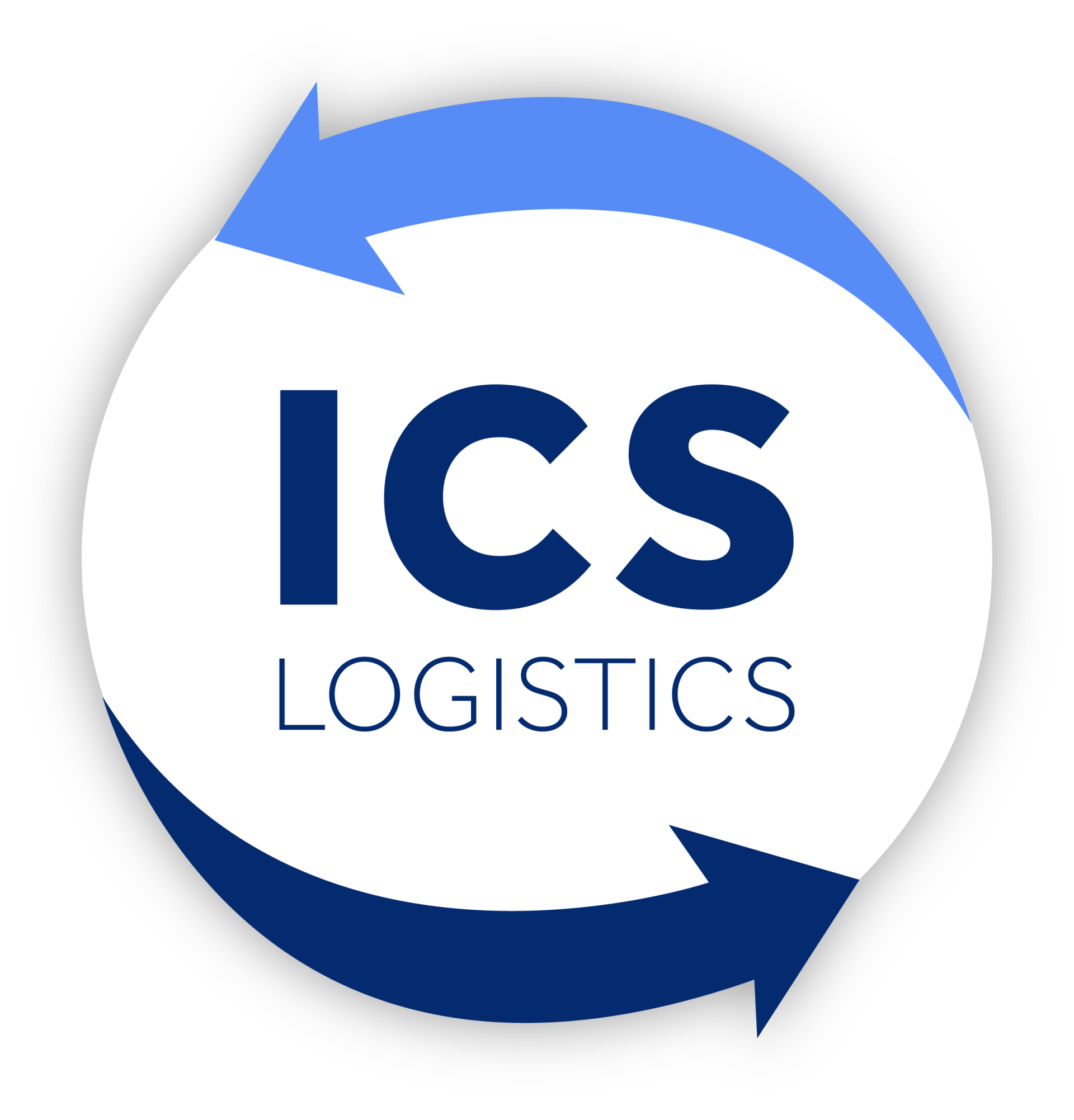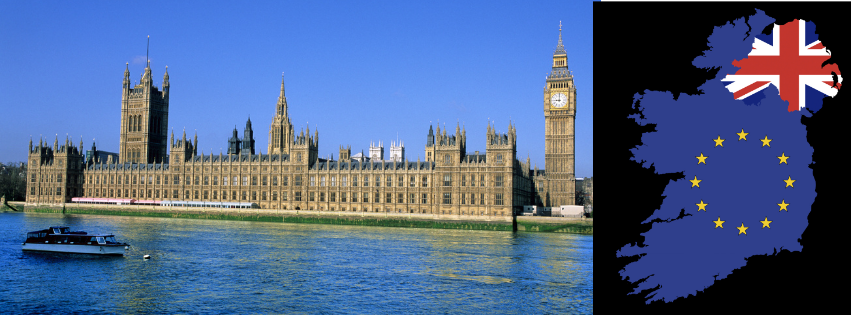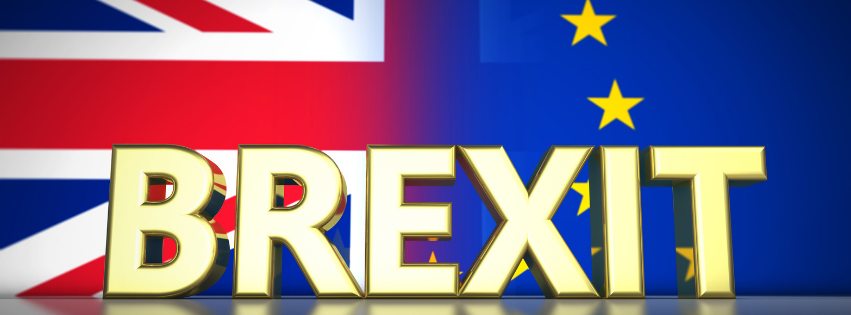Customs Declaration System (CDS)
Ian Simmonds • 18 February 2020
Customs Declaration Service (CDS) will replace the existing Customs Handling of Import and Export Freight (CHIEF) system.
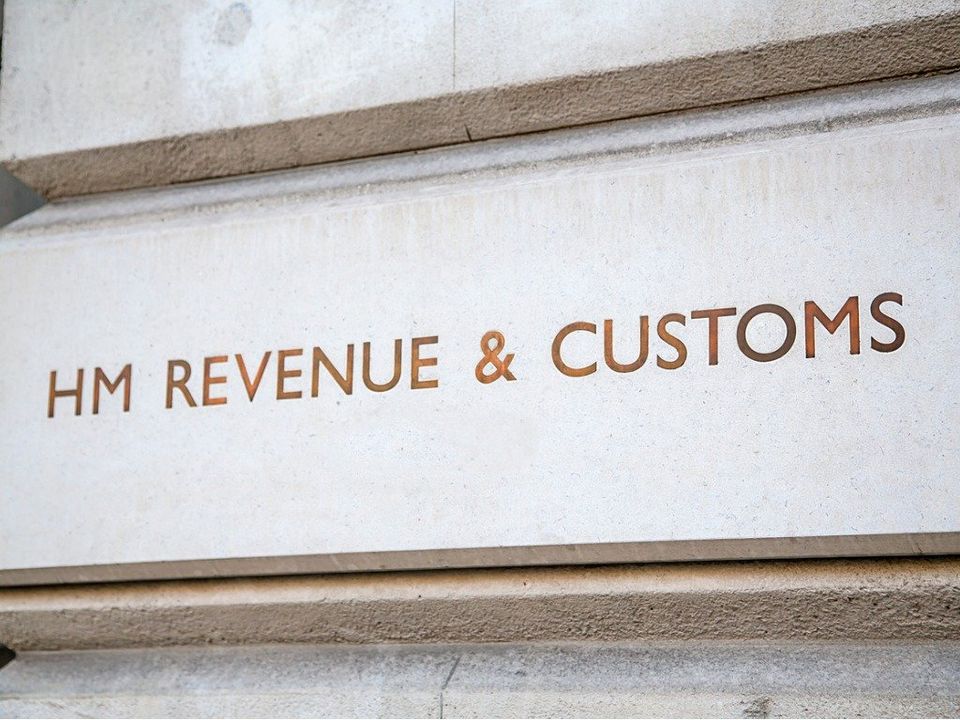
HM Revenue & Customs (HMRC) had stated that the Customs Declaration Service (CDS) will replace the existing Customs Handling of Import and Export Freight (CHIEF) system over three phases. During this period there will be dual running between the operation of CHIEF and CDS. The purpose of dual running was to minimise the impact on businesses, whilst reducing the volumes via CHIEF. The dual running of the declaration processing would stop when all importers/agents were on the CDS platform.
It now appears that HMRC plan is to continue with dual running until the department is confident that the new system is fully developed, stable and tested. This is good news after the UK Government confirmed plans to introduce border controls for all EU goods at the end of the transition period on 31 December 2020. This will require traders in the EU and GB to submit customs declarations and be liable to goods’ checks. To-date there have been concerns that the new CDS solution would not be able to handle all these additional customs entries in addition to replacing the CHIEF system.
HMRC have stated the following:
CHIEF is one of the world’s largest and most sophisticated electronic services for managing customs declaration processes, but it’s nearly 25 years old and can’t be easily adapted to new requirements.
The decision to replace CHIEF with CDS was made before the EU referendum, however CDS will be scaled to handle any potential increases in the volume of declarations that may result from the UK’s exit from the EU.
If you use an agent for customs declarations you may need to give them more information because of the changes required by CDS.
If you would like more details, please call +44 (0) 118 932 8447 or email
info@icslogistics.co.uk
ICS Logistics Limited

We provide IOR services for foreign importers and take care of every phase of the importation from customs clearance to the payment of duties and taxes. As the IOR for your products we are responsible for all paperwork relating to import of your products, customs classification and we will arrange the payment of duties and taxes.
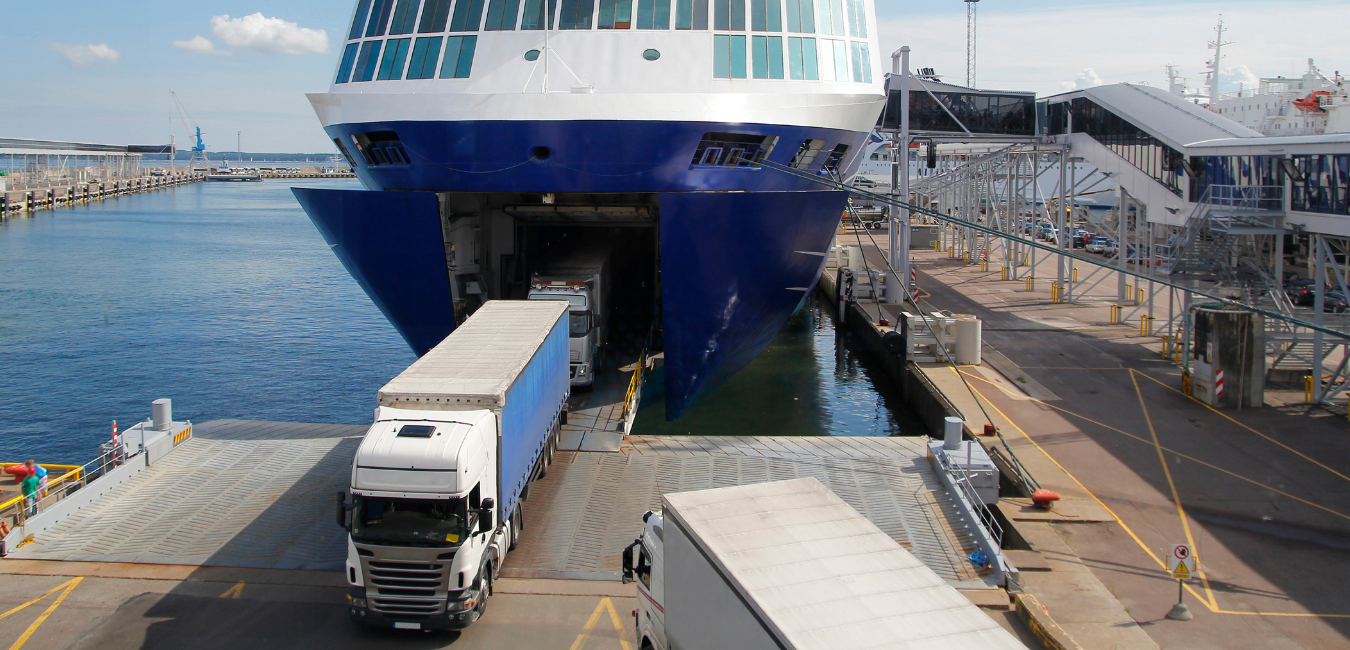
A manufacturer in Germany supplies EU qualifying products to a GB company and zero tariffs applies. The GB company places the products within their common stock warehouse and later they are purchased by a company in the Republic of Ireland. Under the TCA rules of origin for preferential trade, these goods when imported into Ireland are not covered by the agreement and full tariffs apply.
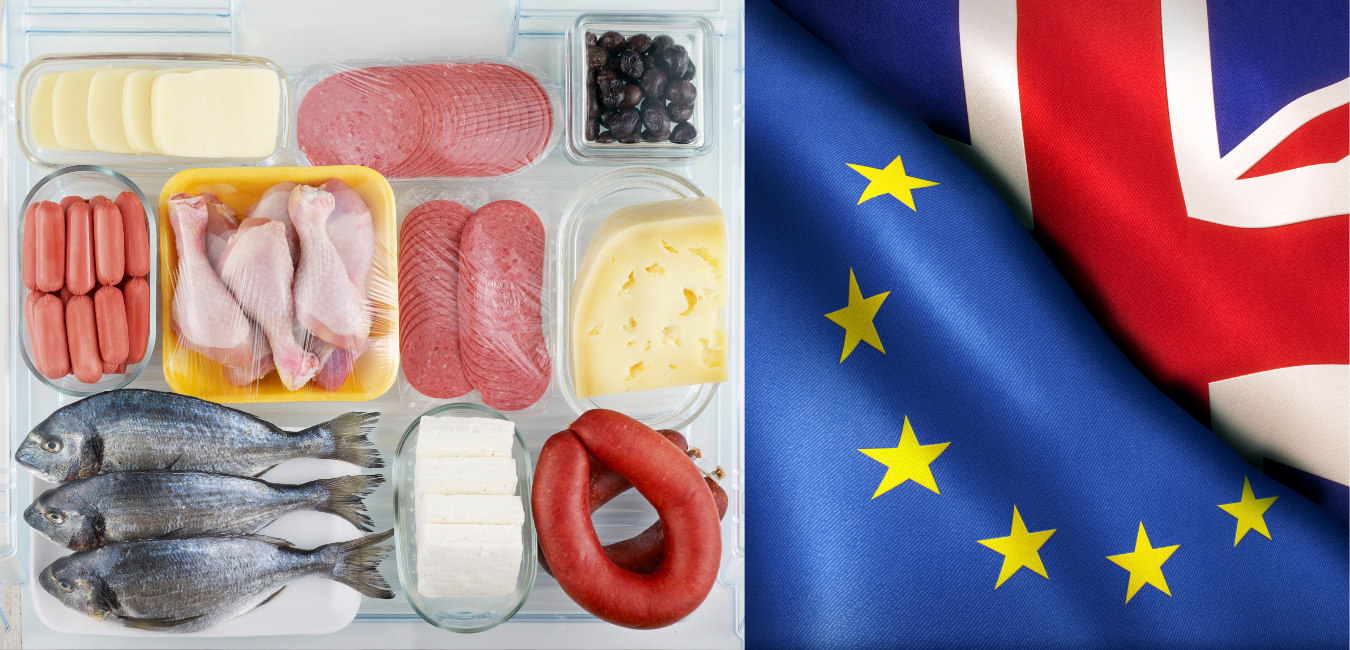
Not having clearly defined export / import processes with the EU caused unnecessary documentation issues resulting in long delays at the ports and some vehicles being sent back to the UK. Exporters of food products from Great Britain (GB) were especially impacted due to their Export Health Certificates (EHCs) not being compliant with EU import regulations. Food exporters and their Official Veterinarians complete and issued these certificates in compliance with the directives of the Department for Environment Food & Rural Affairs.

We have been developing contingency plans to ensure our customers’ products are delivered correctly after 1 January 2021. Significant changes will occur once the UK has left the EU. All UK businesses will be required to provide Customs documentation for products exported to, or imported from the EU, even with the ‘EU Deal’ on Brexit.
ICS, as part of our customer services, will be supporting companies with the necessary Customs documentation to comply with the new regulations.
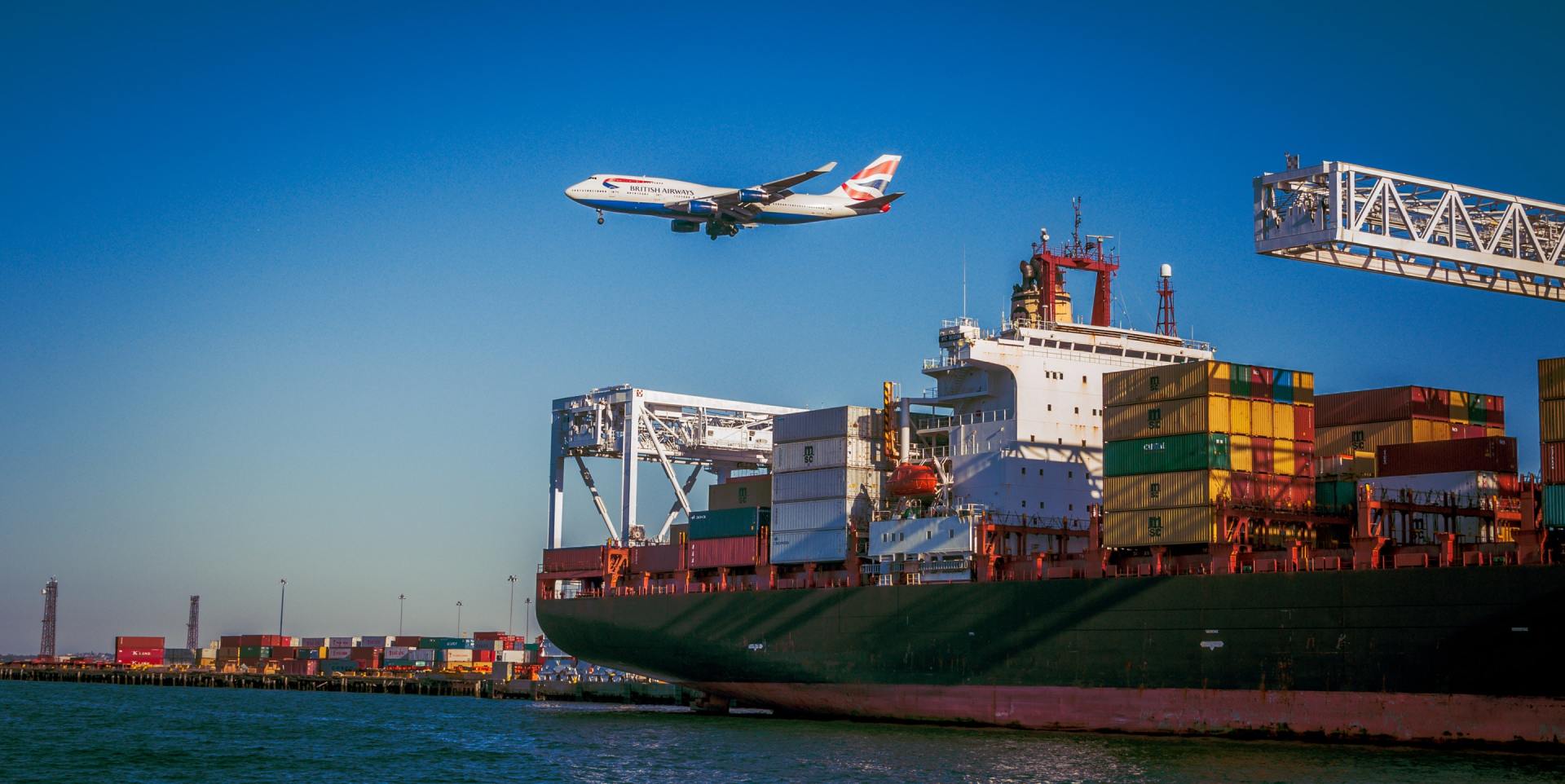
The Government announced, during the Budget, that on 1 January 2021 Postponed VAT Accounting (PVA) will be introduced on imports. Currently, imported goods from a non-EU country are liable for payment of import VAT at the same time as customs duty. The process will provide importers with a new cashflow benefit, as they will be able to postpone VAT at the time of import, as opposed to paying it immediately upon importation.
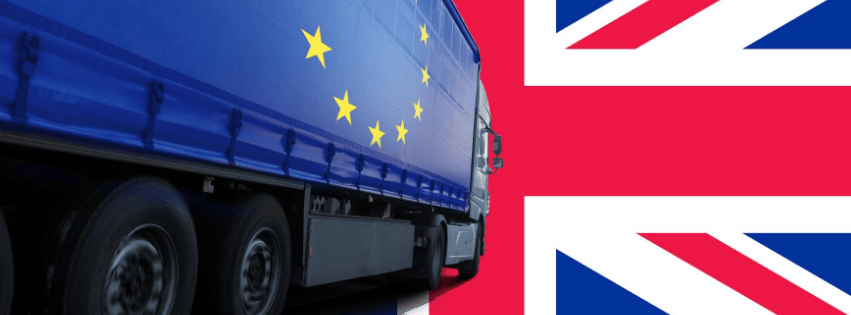
The UK Government have stated that on 1 January 2021 the transition period with the European Union (EU) will end and the United Kingdom (UK) will operate a full, external border as a sovereign nation. This means that controls will be placed on the movement of goods between Great Britain (GB) and the EU.
The UK Government have recognised the impact of coronavirus on UK businesses’ ability to prepare and therefore have announced that they will implement full border controls on imports coming into GB in three stages up until 1 July 2021.
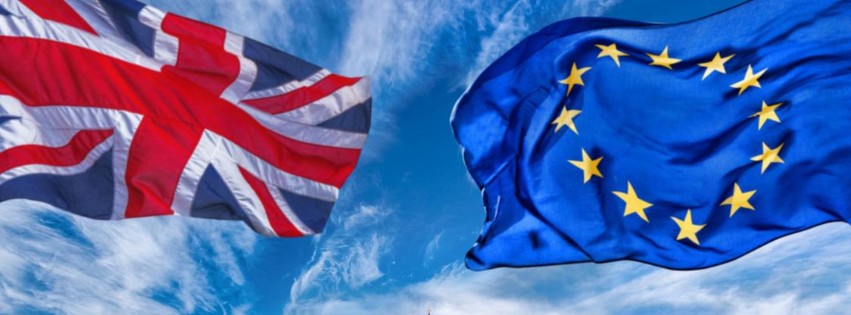
The UK Government has now released their new Import and Export Guides for the end of the Transition Period. The guides have been designed to provide a step-by-step process and aim to provide clarity around what is required at the end of the year. When it comes to following the new import / export processes and completing your Customs declarations, we can provide you with assistance and support.
